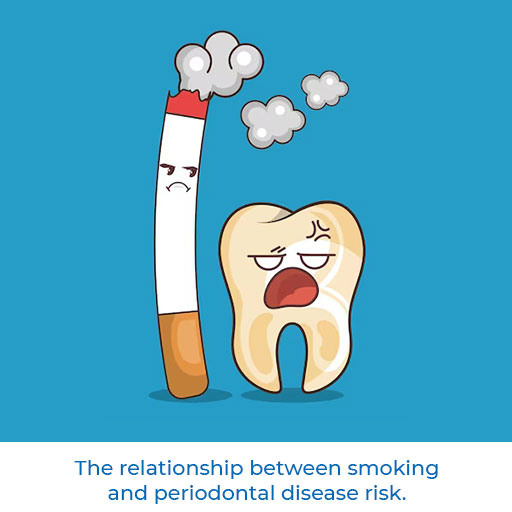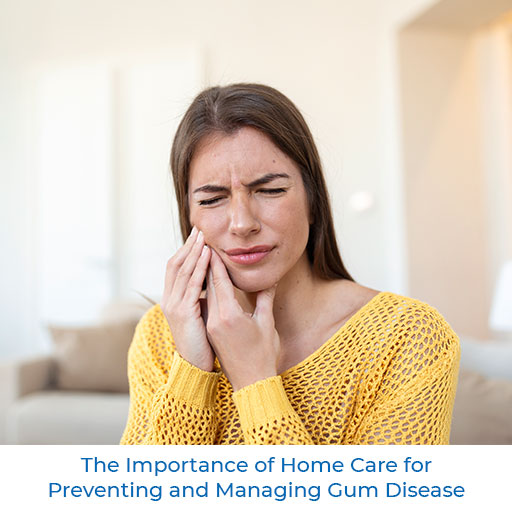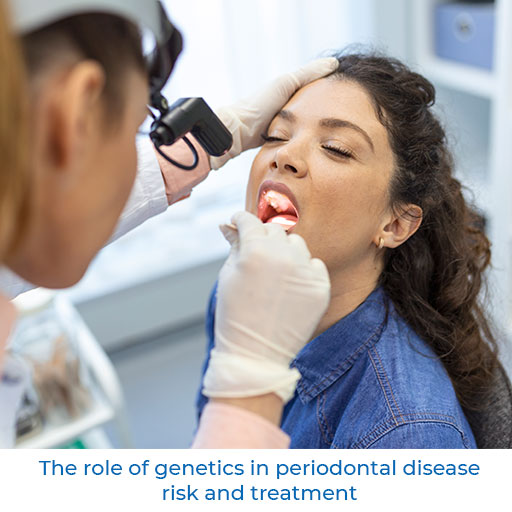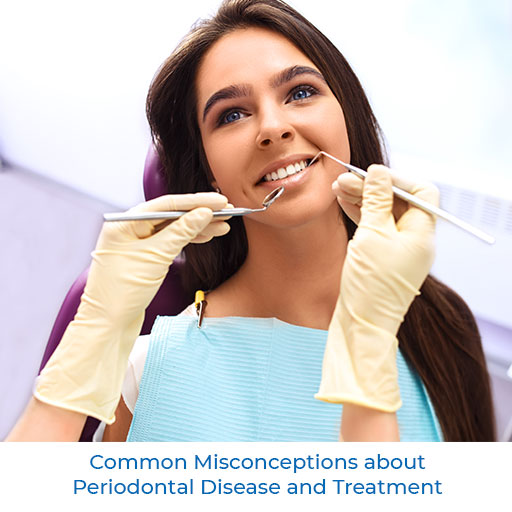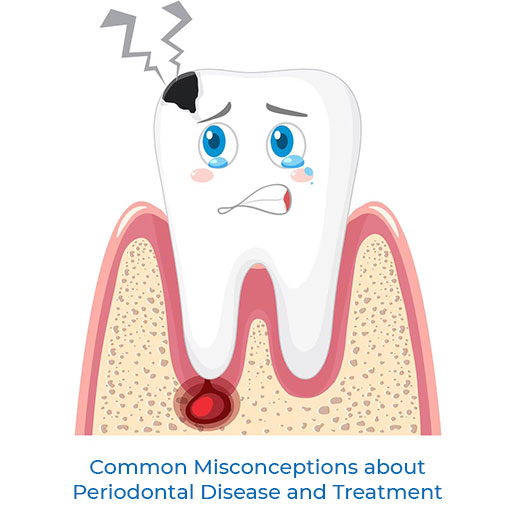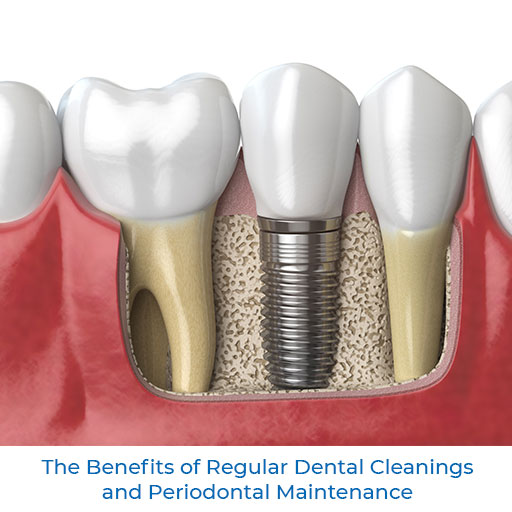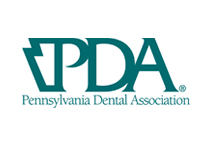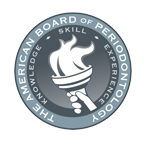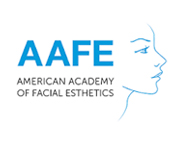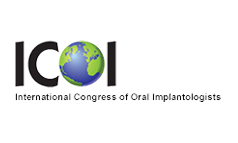
Summary
- The Need for Tooth Extraction: Understanding the Reasons
- Preparing for the Extraction: Consultation and Treatment Planning
- The Tooth Extraction Procedure: Step-by-Step Guide
- Immediate Post-Extraction Care: Promoting Healing
- Managing Discomfort and Complications: What to Expect
- Eating and Drinking after Extraction: Adjusting Your Diet
- Maintaining Oral Hygiene: Caring for the Extraction Site
- Follow-up Visits and Healing Progress: Monitoring Your Recovery
Tooth extraction is a common dental procedure that may be necessary due to various reasons such as severe decay, infection, overcrowding, or trauma. While the thought of having a tooth extracted may seem intimidating, understanding the process and taking proper care afterward can ensure a smooth healing journey. In this unique blog, we will guide you through what to expect during tooth extraction and provide essential tips for promoting healing and minimizing discomfort. Let’s dive in!
- The Need for Tooth Extraction: Understanding the Reasons
Explore the common reasons why a tooth may need to be extracted. From severe decay and gum disease to impacted wisdom teeth and orthodontic treatment, learn about the situations that may require tooth removal. Understanding the reasons behind tooth extraction can help alleviate concerns and emphasize the importance of timely intervention.
- Preparing for the Extraction: Consultation and Treatment Planning
Discover what to expect during your initial consultation for a tooth extraction. Your dentist will examine your oral health, discuss the procedure, and address any concerns you may have. Learn about the different types of extractions, including simple extractions and surgical extractions, and the factors that determine which method is appropriate for your situation.
- The Tooth Extraction Procedure: Step-by-Step Guide
Take a closer look at the tooth extraction procedure itself. Understand the techniques used to numb the area, loosen the tooth, and safely remove it. Learn about potential sensations and sounds during the extraction process, and how your dentist ensures your comfort throughout the procedure.
- Immediate Post-Extraction Care: Promoting Healing
Discover the crucial steps to take immediately after a tooth extraction to facilitate healing. Learn about proper wound care, including biting on a gauze pad, applying ice packs, and avoiding certain activities that could disrupt the healing process. Understand the importance of following your dentist’s instructions regarding pain management and medication.
- Managing Discomfort and Complications: What to Expect
Understand the potential discomfort and complications that may arise after tooth extraction. From mild pain and swelling to bleeding and dry socket, learn how to identify and manage these issues effectively. Discover home remedies and over-the-counter options for pain relief and when it’s appropriate to contact your dentist for further assistance.
- Eating and Drinking after Extraction: Adjusting Your Diet
Explore dietary considerations following a tooth extraction. Learn about the recommended soft food options that are gentle on the healing area and provide adequate nutrition. Discover tips for staying hydrated and gradually reintroducing solid foods as the healing progresses.
- Maintaining Oral Hygiene: Caring for the Extraction Site
Understand the importance of maintaining proper oral hygiene during the healing process. Learn how to clean your mouth and brush your teeth without disturbing the extraction site. Discover when it’s safe to resume regular brushing and flossing and the importance of keeping the surrounding teeth and gums healthy.
- Follow-up Visits and Healing Progress: Monitoring Your Recovery
Learn about the importance of follow-up visits with your dentist to monitor the healing progress. Understand the signs of a healthy recovery, such as reduced pain, minimal swelling, and the formation of a blood clot. Gain insights into the timeline of healing and when you can expect to resume normal activities.
Conclusion:
Tooth extraction, though it may seem daunting, can be a smooth and comfortable process with proper understanding and care. By knowing what to expect before, during, and after the procedure, you can approach your tooth extraction with confidence. Follow the tips provided in this guide to promote healing, manage discomfort, and minimize the risk of complications. Remember to consult with your dentist for personalized advice and guidance throughout your recovery journey. With the right knowledge and care, you’ll be on your way to a healthy, pain-free smile. Get the best treatment at Best Periodontist in Langhorne PA.
We hope you have received all the necessary information; for additional information, please visit our blog section or call us at (267) 908-4867.



